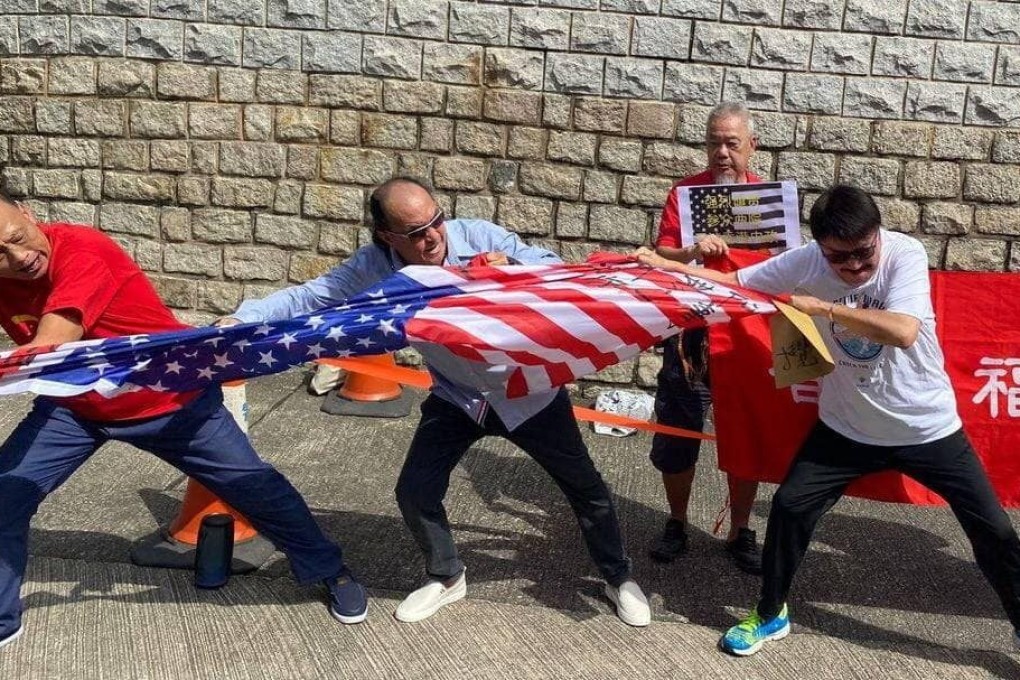Beijing slams US lawmakers behind bill to sanction 49 Hong Kong officials, judges and prosecutors over national security law
- Hong Kong and Macau Affairs Office condemns US bipartisan proposal to sanction city officials and says such actions will inspire greater unity among society
- ‘The deplorable actions of those American politicians only serve to expose their sinister collusion with anti-China disrupters,’ office adds

Beijing has slammed the US lawmakers behind a bill to sanction 49 Hong Kong officials, judges and prosecutors over the national security law, accusing them of “sinister collusion with anti-China disrupters”.
The Hong Kong and Macau Affairs Office of the State Council on Sunday said it strongly opposed an American bipartisan bid in the House of Representatives and the Senate designed to spur US President Joe Biden to introduce the sanctions.
“The deplorable actions of those American politicians only serve to expose their sinister collusion with anti-China disrupters,” a spokesman said.
He added that such actions would only inspire a greater sense of unity among Hongkongers in the face of external interference.
“The facts have repeatedly proven that all external interference cannot impede the resounding progress of Hong Kong’s transformation from chaos to order, and from order to prosperity,” the spokesman said.
Presented to Congress on Wednesday, the scope of the Hong Kong Sanctions Act would include the city’s justice minister Paul Lam Ting-kwok, Commissioner of Police Raymond Siu Chak-yee and Chief Justice Andrew Cheung Kui-nung.